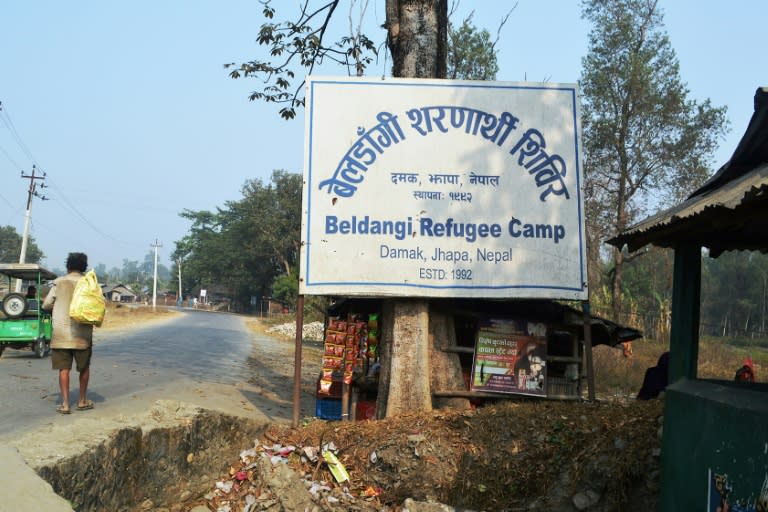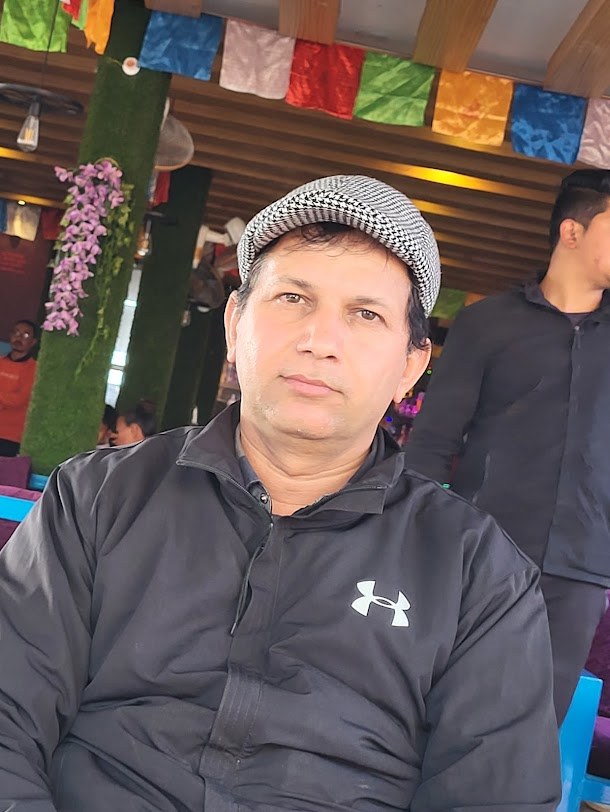At the screening centre (Kakarvitta, 1993), the translator was not necessary. I could speak sufficiently fluent English to tell my story. I narrated my story. The interviewers, who had relied heavily on the translators to understand Bhutan stories found me a reliably updated source and got absorbed in my talk. I had the latest updated of the situation in Bhutan. they asked me several questions. I answered with reference to my experience. They enjoyed my stories. I realised from that day – I too have had stories to share.
One and half decade later, I was in a regional immigration in Osaka, Japan in a similar situation. I faced interviews for three years at intervals of one to three months. I had to defend against a possible deportation. They prepared a thick book about my story in the Japanese language. The print they made was as thick as Nelson Mandela’s Long March to Freedom. I wish I had a copy of that book. I don’t have the property right over my biography written by two Japanese immigration inspectors Hasegawa San and Tsuji San, with the help of two lady translators, who names were never revealed to me. It reconfirmed that I too have magnetic stories to tell.


